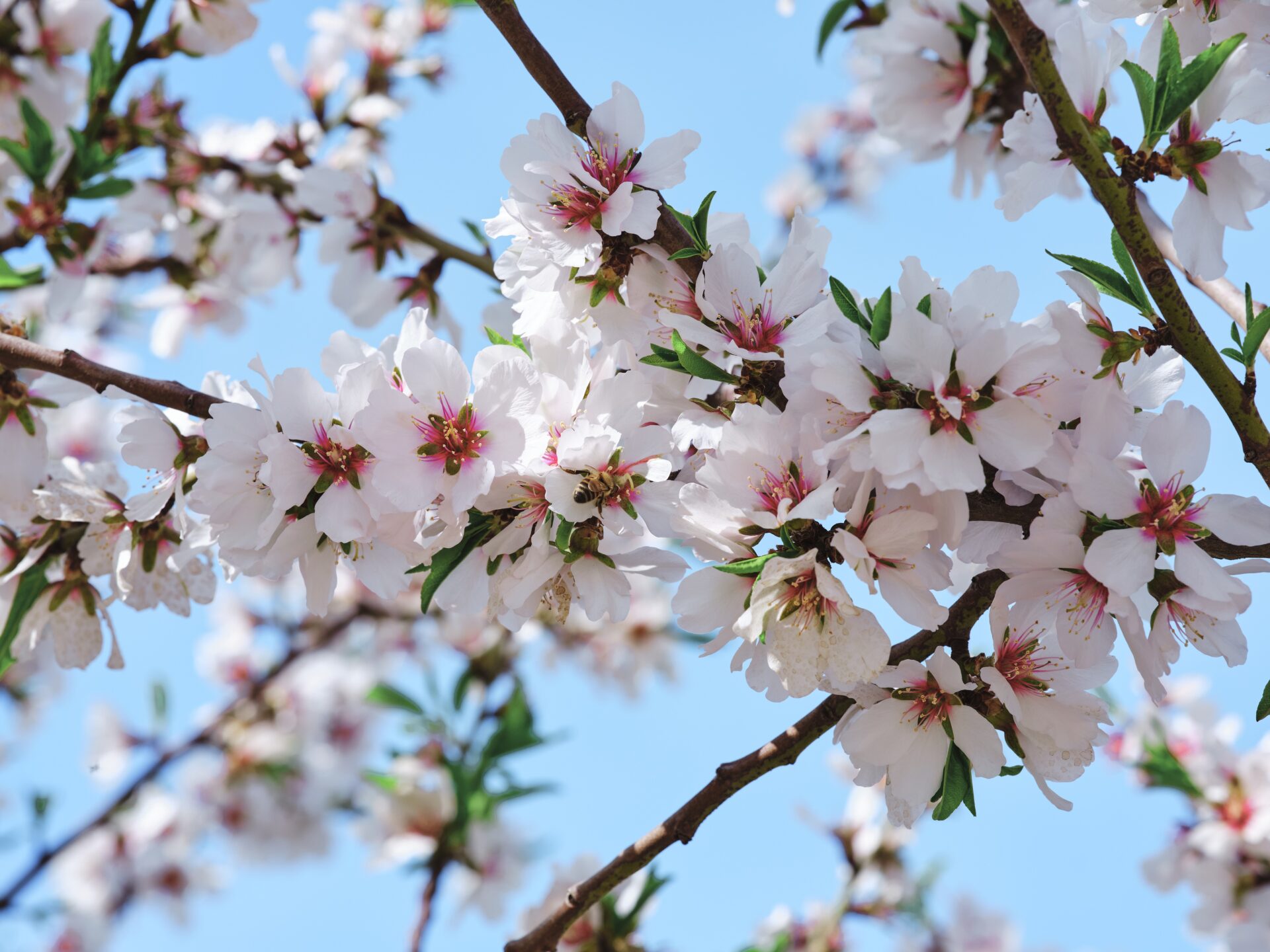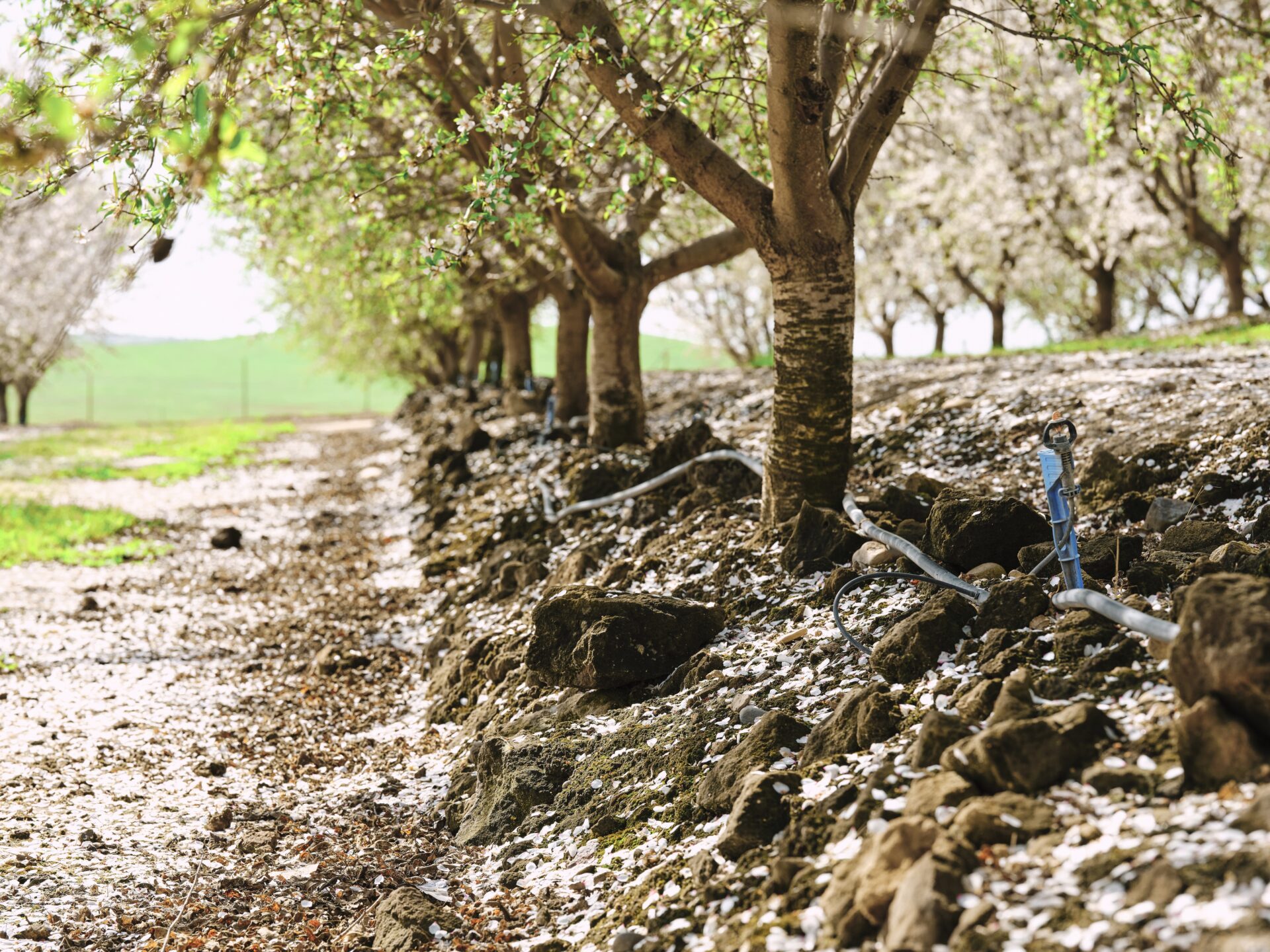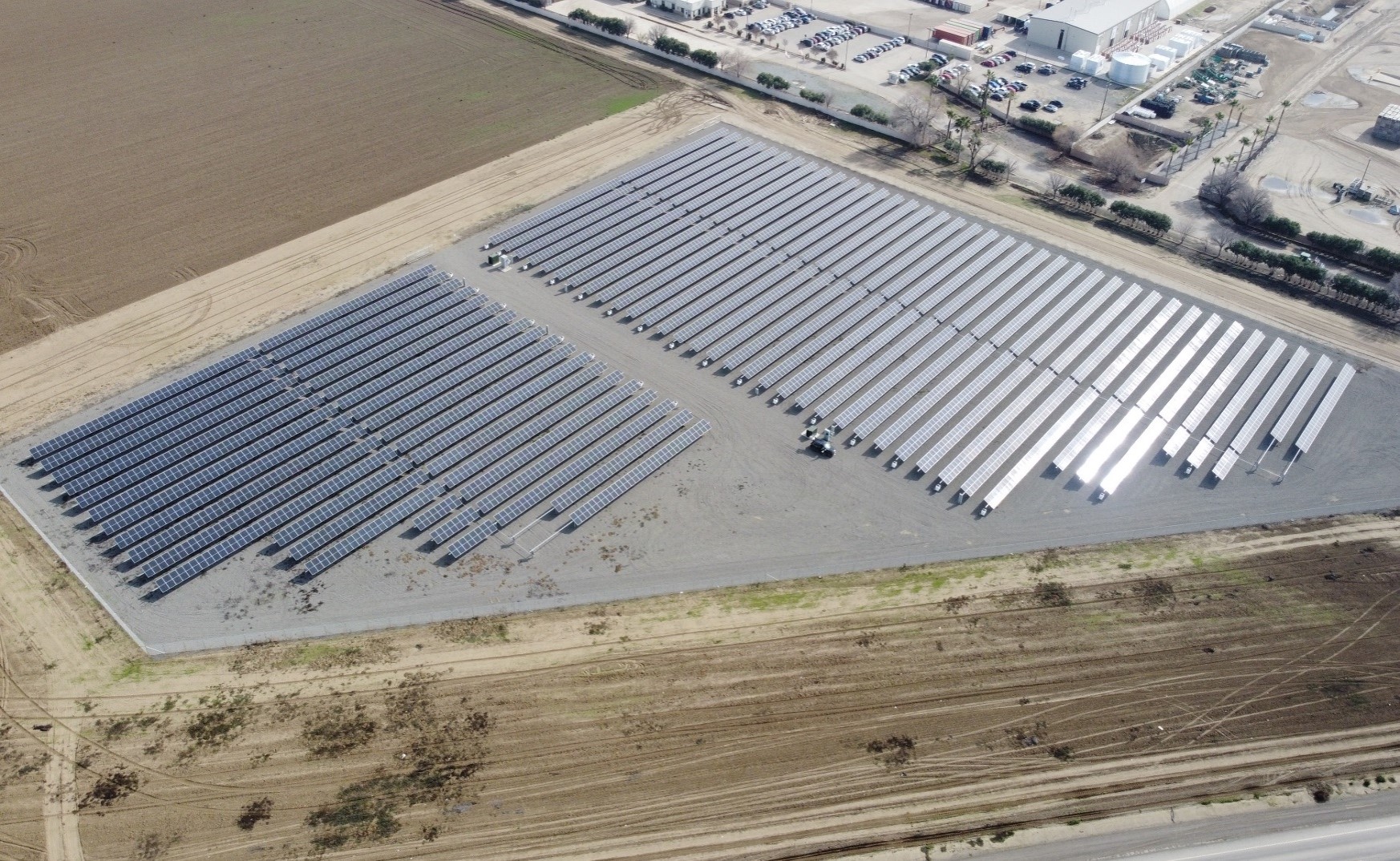In 2023, Harris Woolf Almonds paid over $2.25 million directly to participating growers.









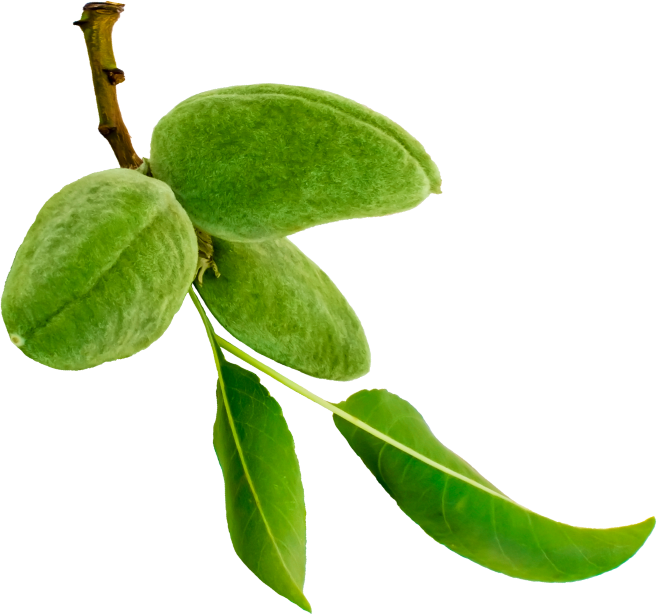

Built to Last SUSTAINABILITY
Sustainability isn't just a fad or a marketing tool here; at HWA, it's integrated into everything we do. It starts with our growers and carries into our almond processing facilities. Ag-tech solutions, food safety, and social impact help us stay at the forefront of our increasingly fine-tuned industry. Growing and processing almonds is often perceived as an energy and resource-intensive effort, but HWA is committed to using less to produce more.


Impact Report
Harris Woolf Almonds is pleased to present our 2023 Impact Report.
This year's impact report marks the halfway point on our journey to meeting our 2025 goals, and we've made some great headway over the years.
Click below to read this year's report or view previous impact reports.
This year's impact report marks the halfway point on our journey to meeting our 2025 goals, and we've made some great headway over the years.
Click below to read this year's report or view previous impact reports.
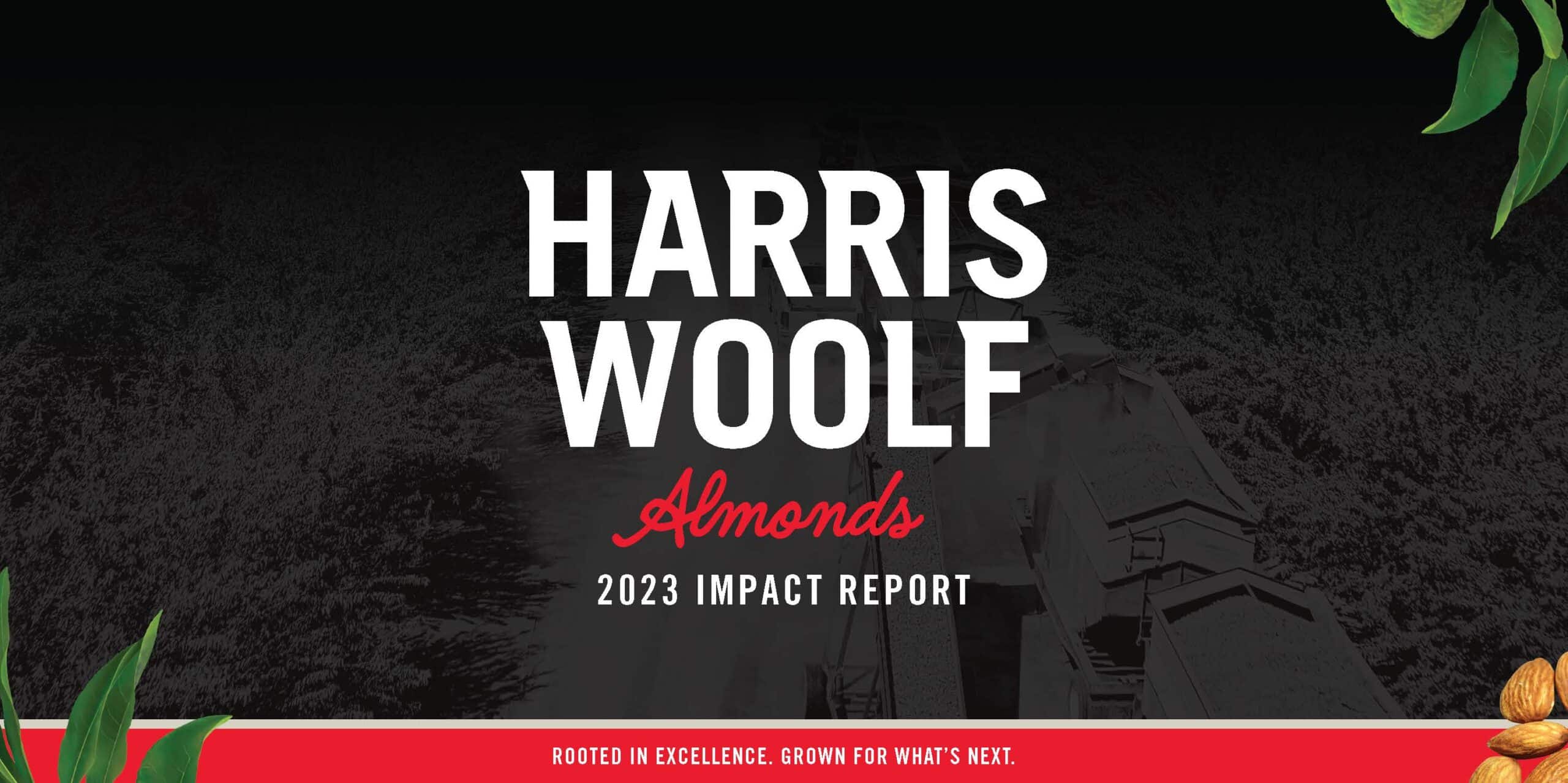


Financially Incentivizing Sustainable Practices
We're serious about sustainable farming and that's why we financially incentivize our grower base to engage in sustainably and pollinator-friendly farming practices. We encourage growers to enroll in the California Almond Stewardship Platform (CASP), pollinator health certifications through Pollinator Partnership or Xerces Society, and EcoPractices. Depending on their level of participation in these platforms, they earn an annual bonus.
Making a Difference
As our sustainable almond supply grows in volume, our product portfolio attracts even more customers willing to pay a premium for sustainably grown products. We want to help our growers capture this value, and our grower relations team is eager to help you achieve the necessary certifications.
Grower Showcase: Woolf Farming
Stringent resource planning is of critical importance for Woolf Farming — one of HWA's founding farms. Woolf Farming constantly works to make their operation more resourceful and bio-dynamic. For example, through effective tracking technologies, Woolf Farming has drastically reduced the amount of tractor time needed to farm; this results in higher soil quality and a carbon emissions offset of nearly 300,000 tons annually — the equivalent of taking 53,000 cars off the road!

